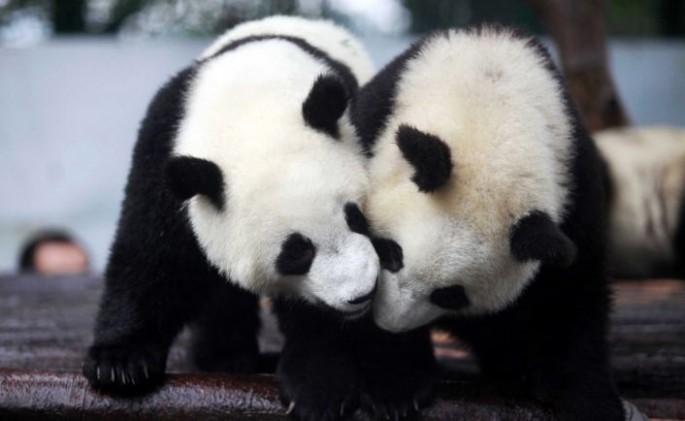"Pandavans" or panda-themed caravans are invading the land down under to boost China's tourism and encourage more Australians to visit the Asian country, a report from the Australian Associated Press stated.
On Thursday last week, a fleet of 10 pandavans, which serve as roaming information booths, left Sydney to circumnavigate Australia for the next 11 weeks. The 30,000-kilometer tour will cover six capital cities and hundreds of regional towns.
Staff manning the said pandavans are handing out panda souvenirs and information about China's tourism assets such as its cuisine, modern cities and ancient landmarks.
For its South Australian stops, the caravan will feature the meet-up of a real koala and two giant pandas.
As Australians love the koala, Chinese also have high regard for the panda.
Speaking at the expedition launch, China National Tourist Office director Luo Weijian said that "the giant panda is a national treasure of China and a great symbol of friendship between [the two] nations."
Luo also lauded the pandavans, saying that the project is "a two-way win."
The images and videos that will be captured during the panda expedition will be aired over mainstream media outlets in China as well as in different social media portals in the country. The broadcast is expected to reach an audience of 100 million.
The panda-themed caravans comprise one of the highlights of the China-Australia Year of Tourism 2017 program.
Annually, over 720,000 Australian tourists visit China. Meanwhile, in the last year alone, around 1.2 million Chinese have gone to visit Australia.
According to Tourism Australia chairman Tony South, wildlife is one of the main reasons why there is a flourishing tourism exchange between the two countries.
"Australians love pandas just as much as Chinese people love koalas," he remarked.
South added that China was "undoubtedly" his country's most vital inbound tourism market for 2016, saying that one in eight of their tourists is Chinese.



























